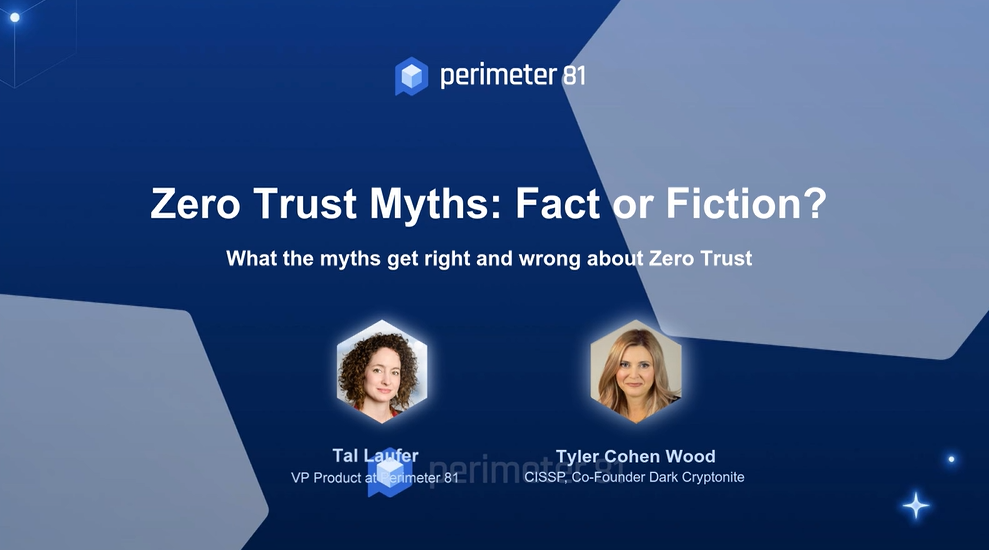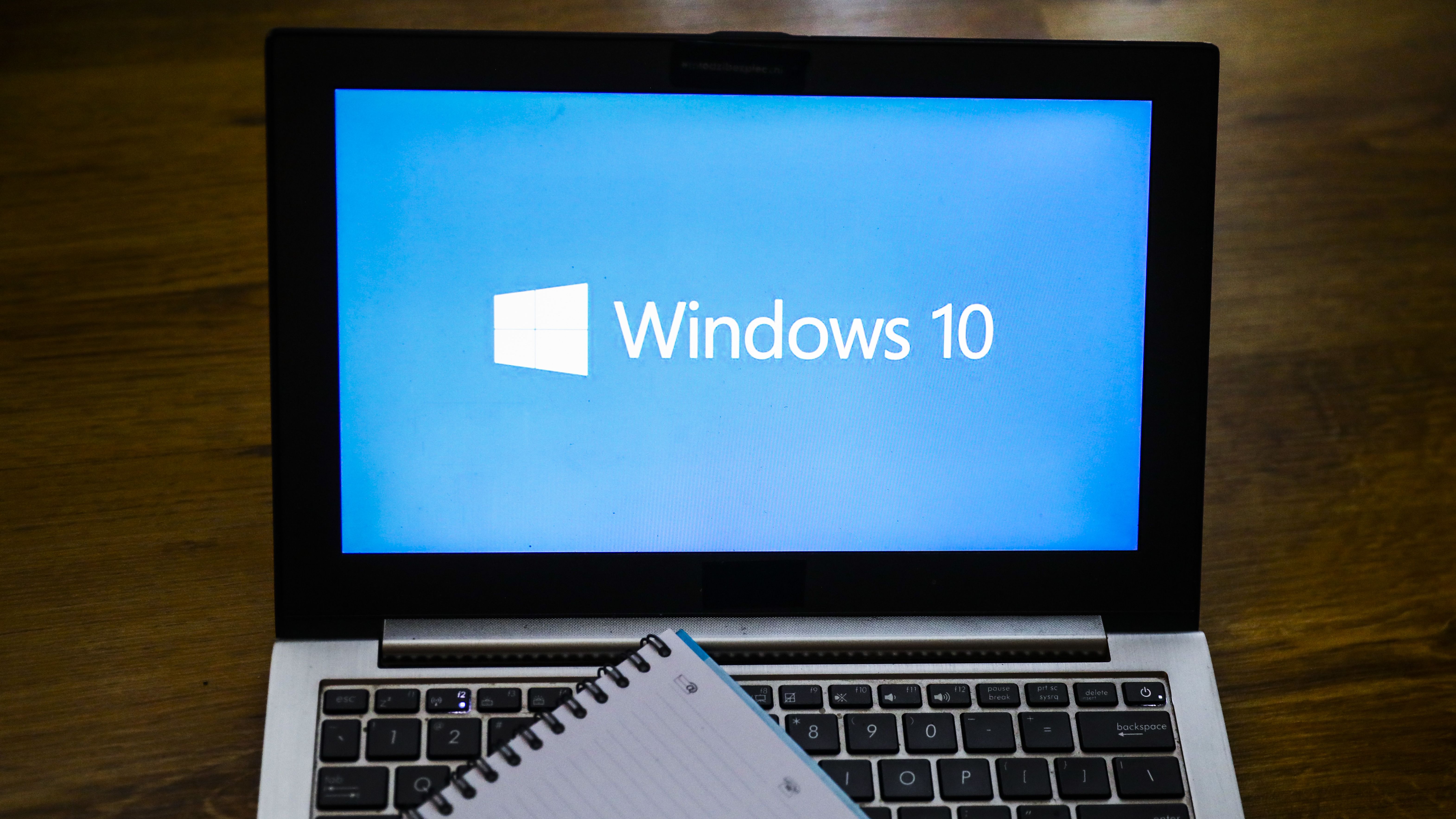Spanish spyware outfit uncovered, develops exploits for Windows, Chrome, and Firefox
Google was only able to discover the company after an anonymous submission was made to its Chrome bug reporting programme


Sign up today and you will receive a free copy of our Future Focus 2025 report - the leading guidance on AI, cybersecurity and other IT challenges as per 700+ senior executives
You are now subscribed
Your newsletter sign-up was successful
Google has tied a previously unknown spyware operation to a private company in Spain after receiving an anonymous tip-off regarding the malicious activity.
Its Threat Analysis Group (TAG) said the evidence suggests that Barcelona-based Variston IT has developed an exploit framework which leveraged zero days in Windows Defender, Firefox, and Chrome.
Google said the operation tied to Variston IT had developed the Heliconia framework which itself was split into smaller frameworks that exploited different systems and applications, like Windows and Chrome. The product gives customers all the tools needed to deploy a payload to a target device.
The frameworks included mature source code that could deploy the exploits. The first was Heliconia Noise, a web framework used to deploy an exploit for a Chrome renderer bug, followed by a sandbox escape.
Heliconia Soft was a separate web framework that dropped a malicious PDF to exploit a vulnerability in Windows Defender. The third and final framework was called Files - it consisted of a set of exploits targeting Firefox versions on both Windows and Linux systems.
The three companies targeted in the exploit, Microsoft, Mozilla, and Google, fixed the vulnerabilities in 2021 and early 2022. Google said it hadn’t detected active exploitation of the now-patched vulnerabilities, but instead predicted that they were used as zero-days in earlier attacks.
The tech giant only became aware of the Heliconia framework when it received an anonymous submission to its Chrome bug reporting programme.
Sign up today and you will receive a free copy of our Future Focus 2025 report - the leading guidance on AI, cybersecurity and other IT challenges as per 700+ senior executives
RELATED RESOURCE

“The submitter filed three bugs, each with instructions and an archive that contained source code,” said Google TAG researchers in a blog post. “They used unique names in the bug reports including, ‘Heliconia Noise,’ ‘Heliconia Soft’, and ‘Files'.
"TAG analysed the submissions and found they contained frameworks for deploying exploits in the wild and a script in the source code included clues pointing to the possible developer of the exploitation frameworks, Variston IT.”
Heliconia Noise, for example, leaked the name of the company in a line of code that prevented the framework from generating binaries containing strings such as 'Variston'.
The same for loop in Heliconia Noise's code also leaked the aliases of the developers who worked on the project: majinbuu, janemba, and freezer - all references to characters in the Dragon Ball manga franchise.
Google said that commercial spyware is used by governments to spy on journalists, human rights activists, and political opposition through its advanced surveillance abilities. The tech giant is aiming to disrupt the threat of these types of companies to protect users and raise awareness of the industry, it said.
IT Pro has contacted Variston for comment. It appears to be registered at an address in Barcelona and was founded by Jayaraman Ramanan and Ralf Dieter Wegener in 2018, according to Datos Cif, a Spanish database containing information about companies. Deloitte is also named as its auditor.
Zach Marzouk is a former ITPro, CloudPro, and ChannelPro staff writer, covering topics like security, privacy, worker rights, and startups, primarily in the Asia Pacific and the US regions. Zach joined ITPro in 2017 where he was introduced to the world of B2B technology as a junior staff writer, before he returned to Argentina in 2018, working in communications and as a copywriter. In 2021, he made his way back to ITPro as a staff writer during the pandemic, before joining the world of freelance in 2022.
-
 Anthropic researchers warn AI could 'inhibit skills formation' for developers
Anthropic researchers warn AI could 'inhibit skills formation' for developersNews A research paper from Anthropic suggests we need to be careful deploying AI to avoid losing critical skills
-
 CultureAI’s new partner program targets AI governance gains for resellers
CultureAI’s new partner program targets AI governance gains for resellersNews The new partner framework aims to help resellers turn AI governance gaps into scalable services revenue
-
 Zero Trust myths: Fact or fiction?
Zero Trust myths: Fact or fiction?Whitepaper What the myths get right and wrong about Zero Trust
-
 ZTNA vs on-premises VPN
ZTNA vs on-premises VPNWhitepaper How ZTNA wins the network security game
-
 A roadmap to Zero Trust with Cloudflare and CrowdStrike
A roadmap to Zero Trust with Cloudflare and CrowdStrikeWhitepaper Achieve end-to-end protection across endpoints, networks, and applications
-
 Windows 10 users locked out of devices by unskippable Microsoft 365 advert
Windows 10 users locked out of devices by unskippable Microsoft 365 advertNews Entering payment information was the only way for some to enter their own PCs
-
 State-sponsored hackers delay new Microsoft Exchange Server by four years
State-sponsored hackers delay new Microsoft Exchange Server by four yearsNews Hafnium's devastating zero-day exploit chain in 2021 forced Microsoft to improve the security of current versions instead of releasing the new one on schedule
-
 Chinese hackers exploit Microsoft zero-day as list of vulnerable Office products grows
Chinese hackers exploit Microsoft zero-day as list of vulnerable Office products growsNews Microsoft has published a support guide and temporary workarounds for IT admins to mitigate the threat
-
 Google adds new security vendor plugins for Chrome, improved Chrome OS policy controls for IT admins
Google adds new security vendor plugins for Chrome, improved Chrome OS policy controls for IT adminsNews New integrations across various security pillars aim to improve Chrome OS and Chrome browser security for enterprise customers
-
 Google patches second Chrome browser zero-day of 2022
Google patches second Chrome browser zero-day of 2022News Google acted quickly to secure against the type confusion vulnerability that was under active exploitation
